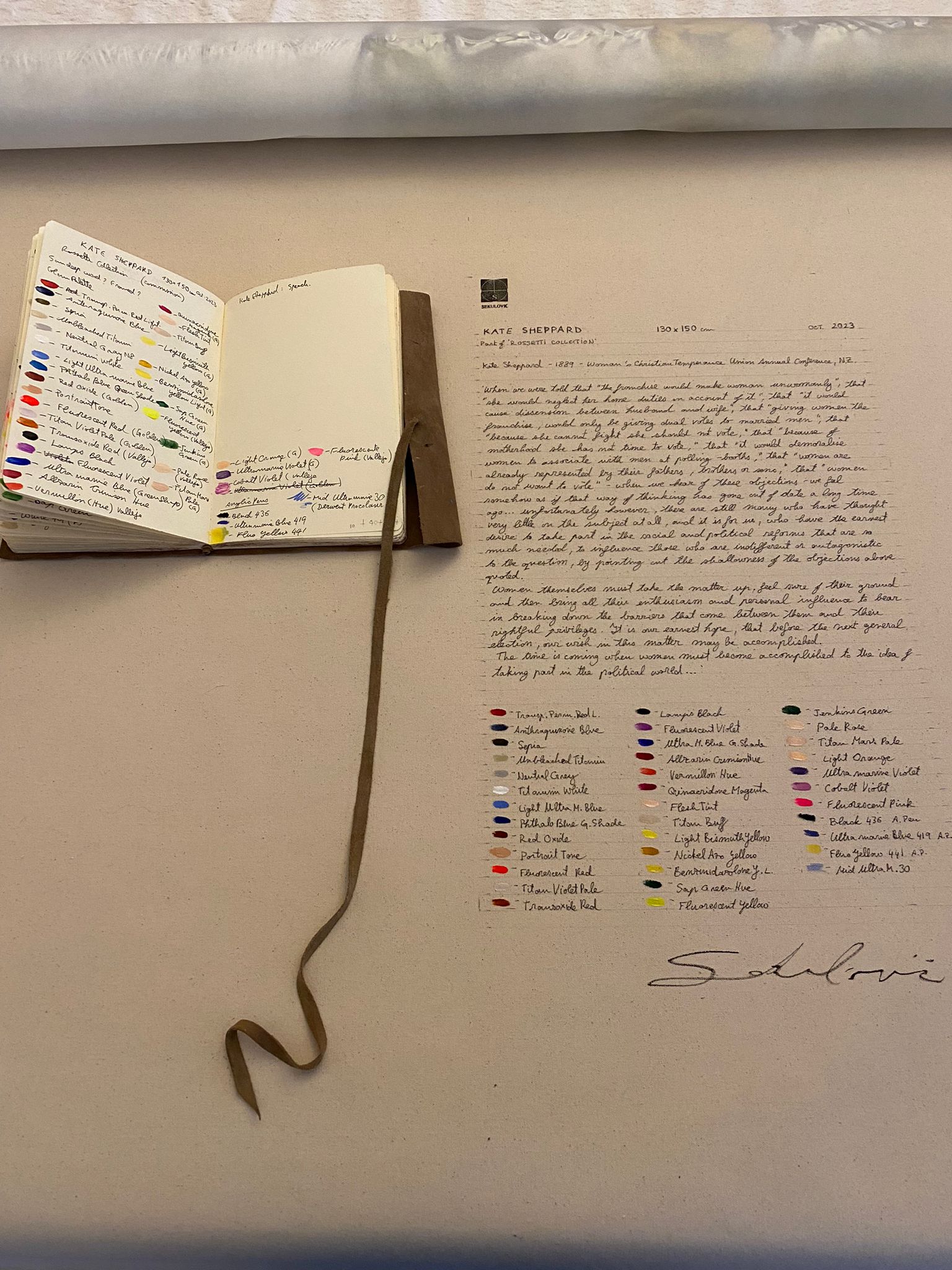Kate Sheppard by Nikoleta Sekulovic
We are delighted to share a recent client commission by Nikoleta Sekulovic, depicting a posthumous portrait of Kate Sheppard, the most prominent member of the women's suffrage movement in New Zealand and the country's most famous suffragist. The client, of New Zealand heritage, wanted a strong female role model for her children, to hang in the centre of their home, that had a personal connection. She had long admired Kate Sheppard (1848-1934) for her forthright sense of justice that led New Zealand to be the first country to establish universal suffrage. More »
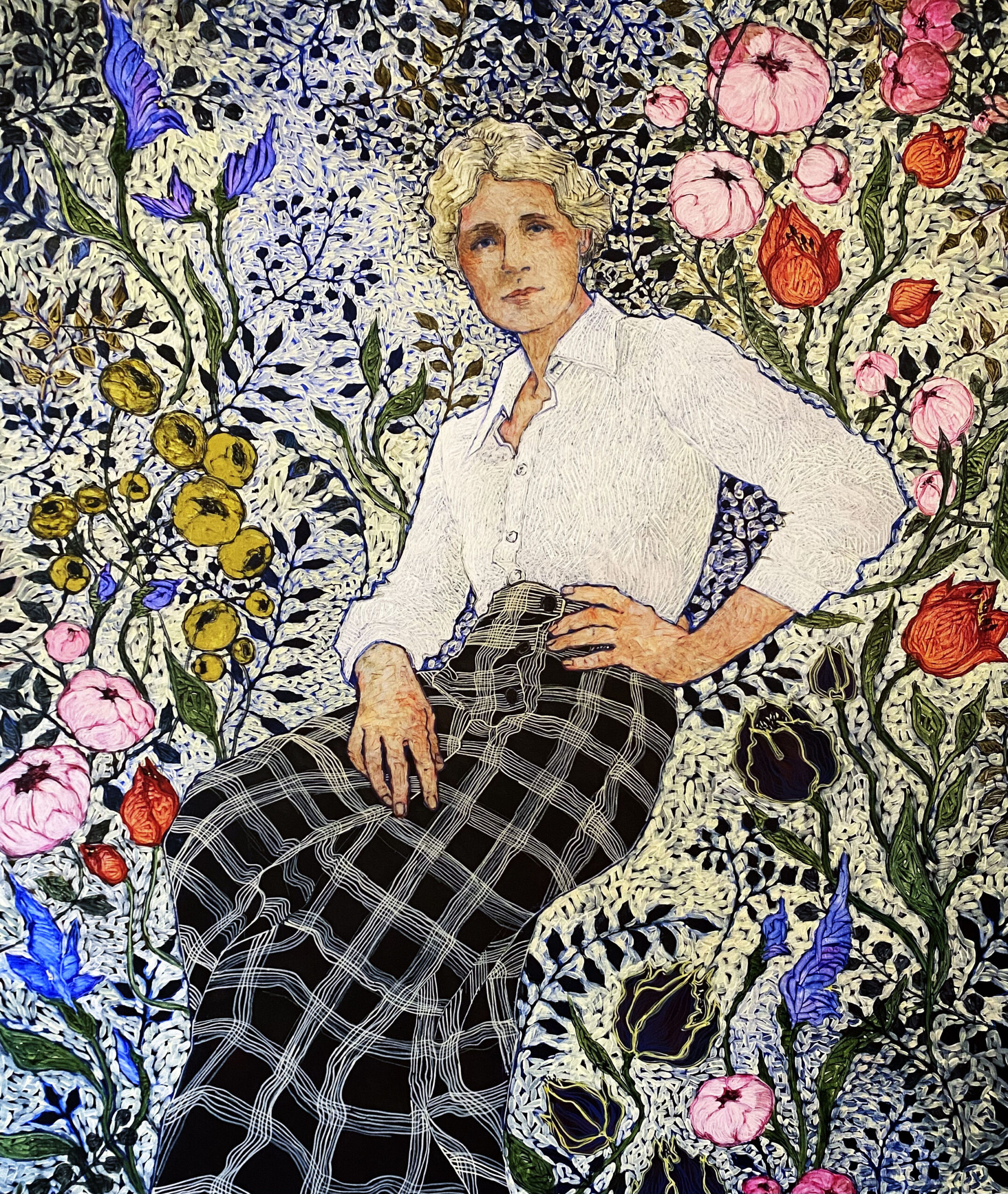
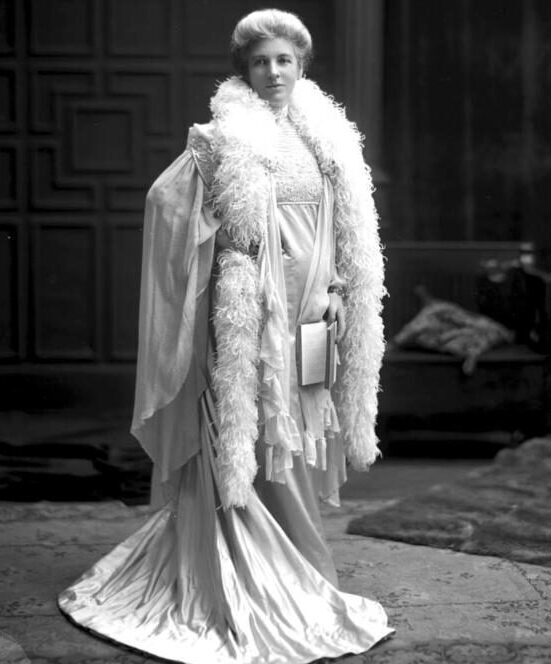
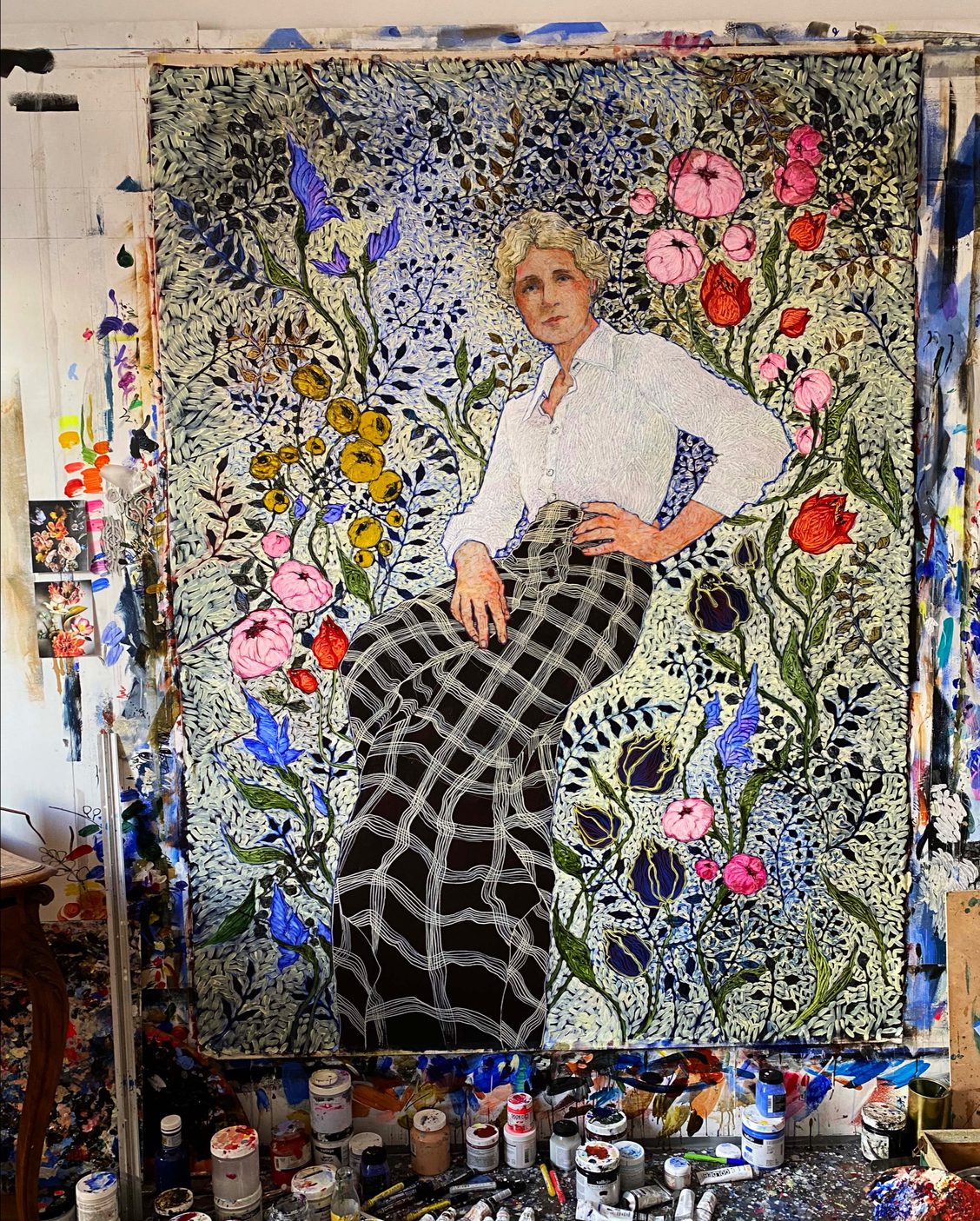
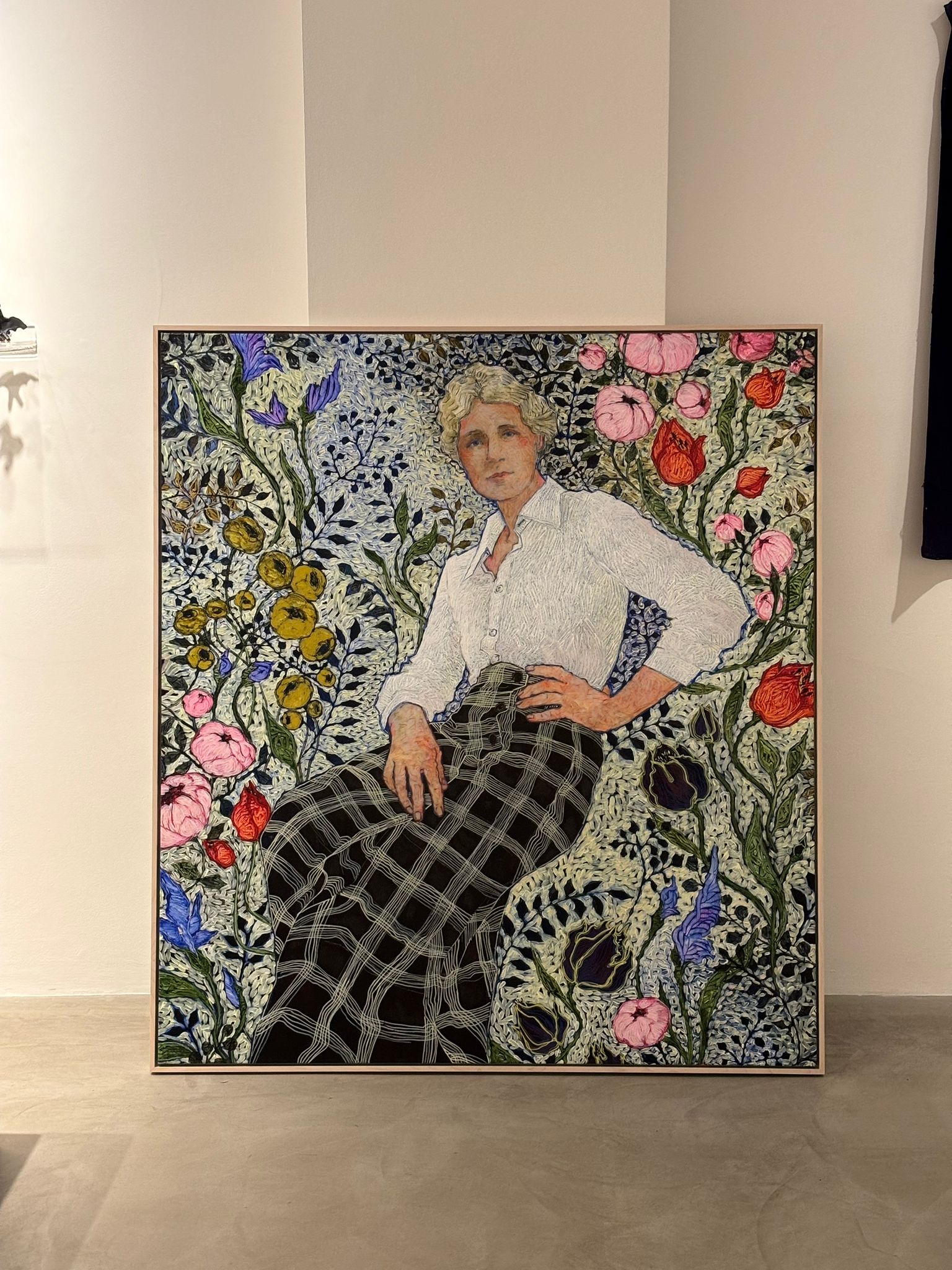
The Artist - Nikoleta Sekulovic
Nikoleta has an interesting heritage of her own, born in Rome to a German mother and Serbian father, she is now based in Madrid. After being introduced to her by Rebecca Hossack Gallery, who represents her, I have followed Nikoleta’s progress keenly.
Stylistically, Nikoleta’s loose lines celebrate the imperfections and irregularities of the human form reminiscent of studies by Viennese masters, Egon Schiele and Gustav Klimt. Her earlier work depicted nudes in the tradition of Odalisque portraiture but a recent departure see her capturing clothed historic muses with a closer reference to the Pre-Raphelites. More »
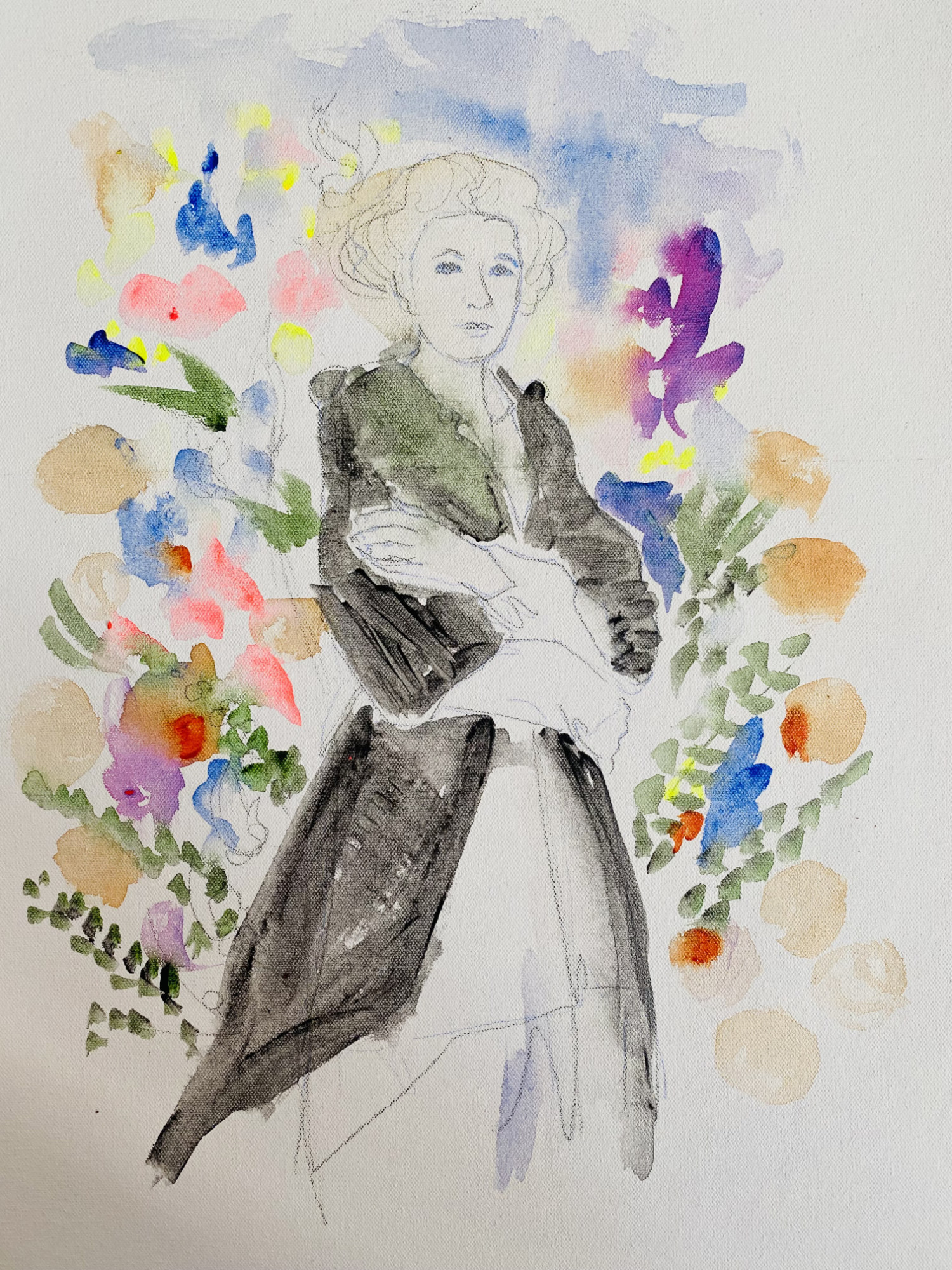
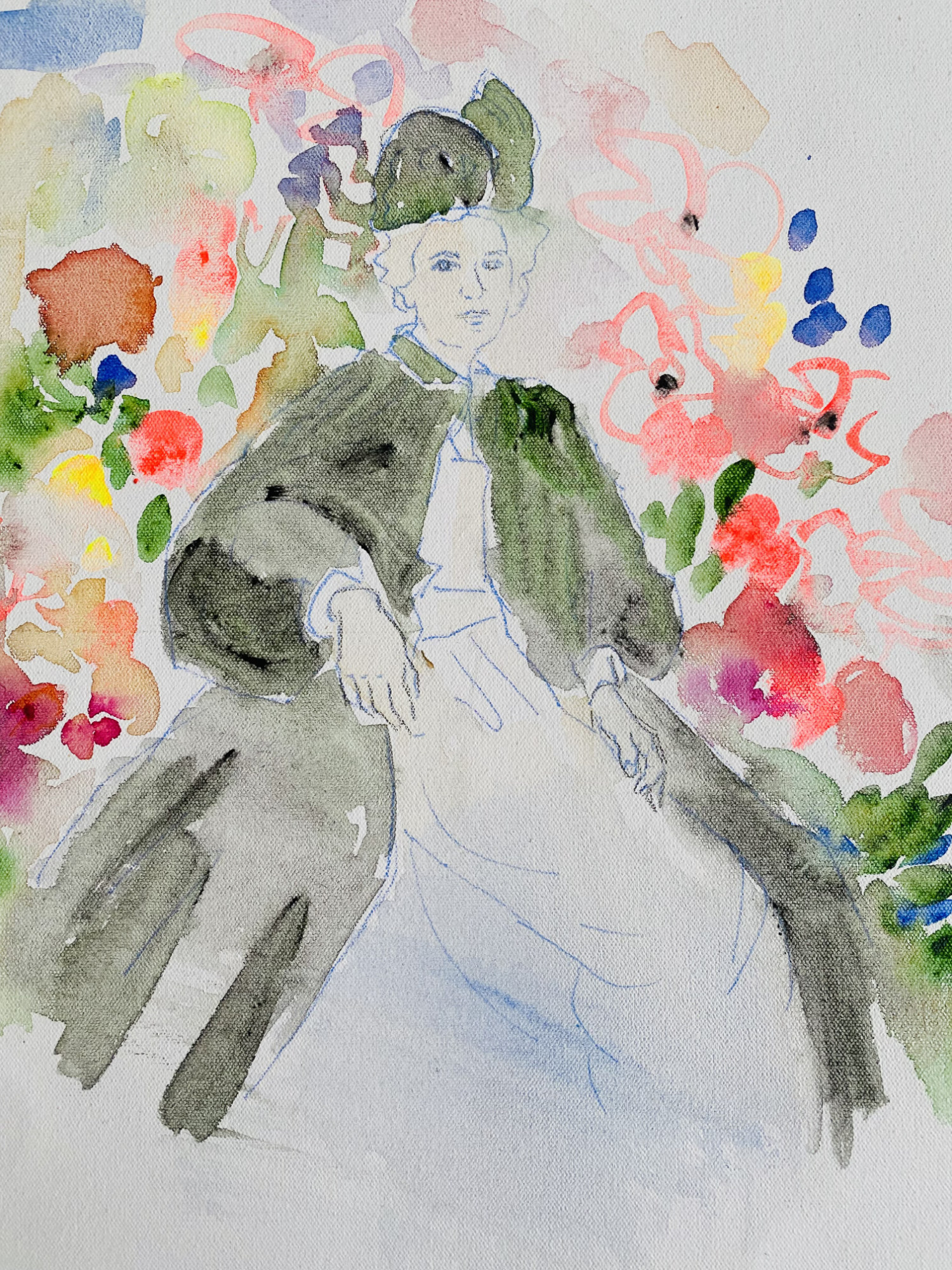
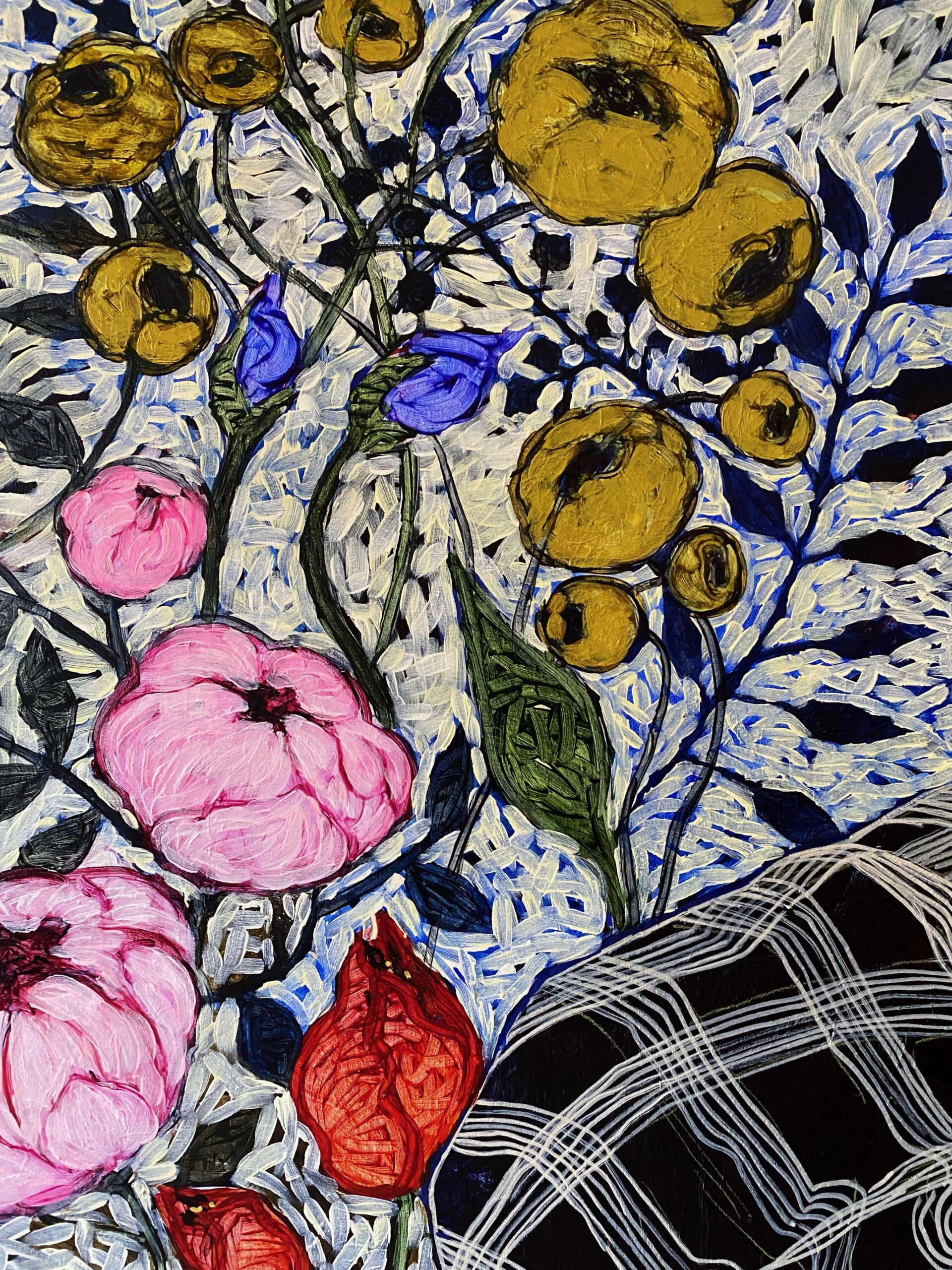
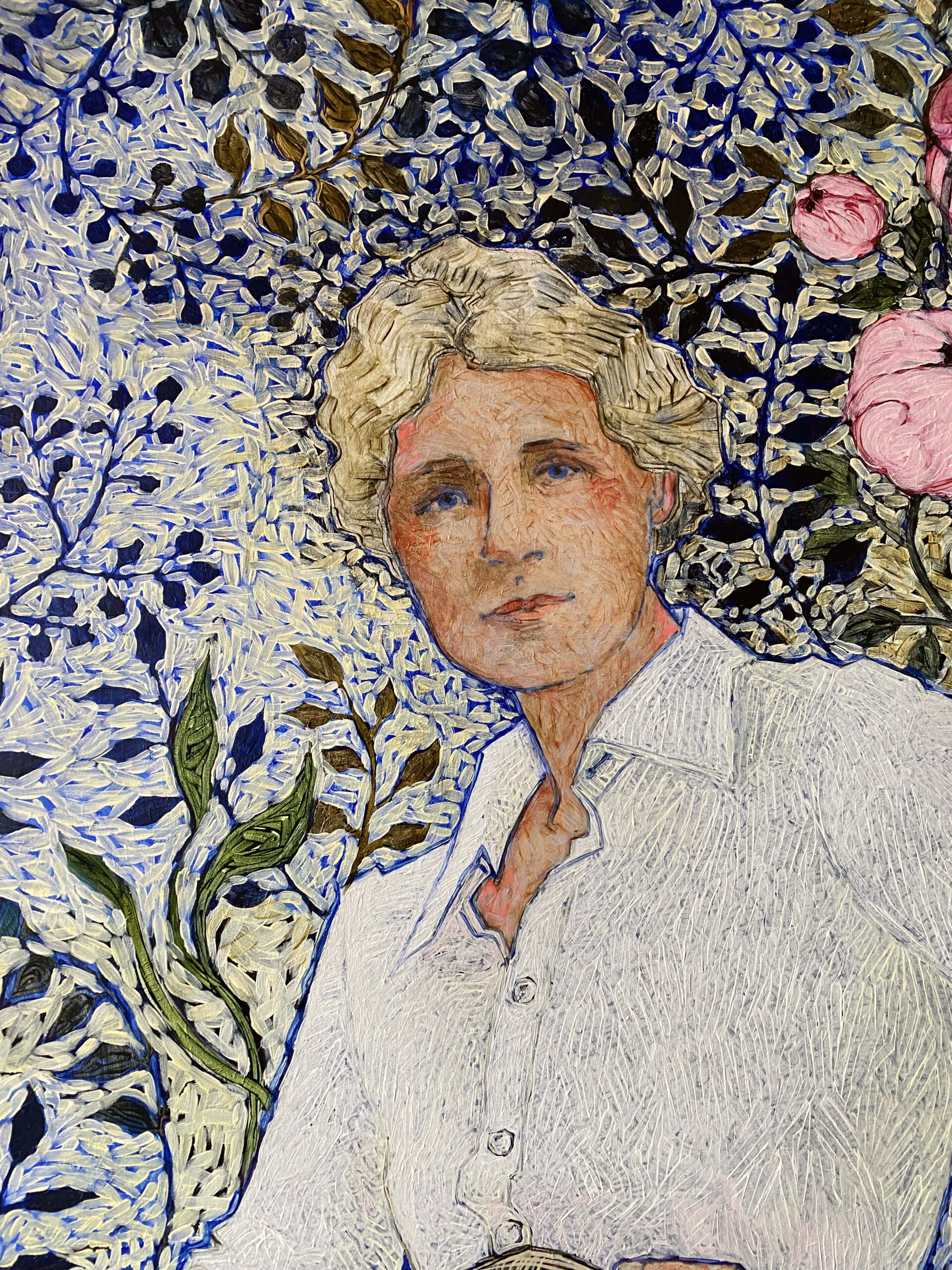
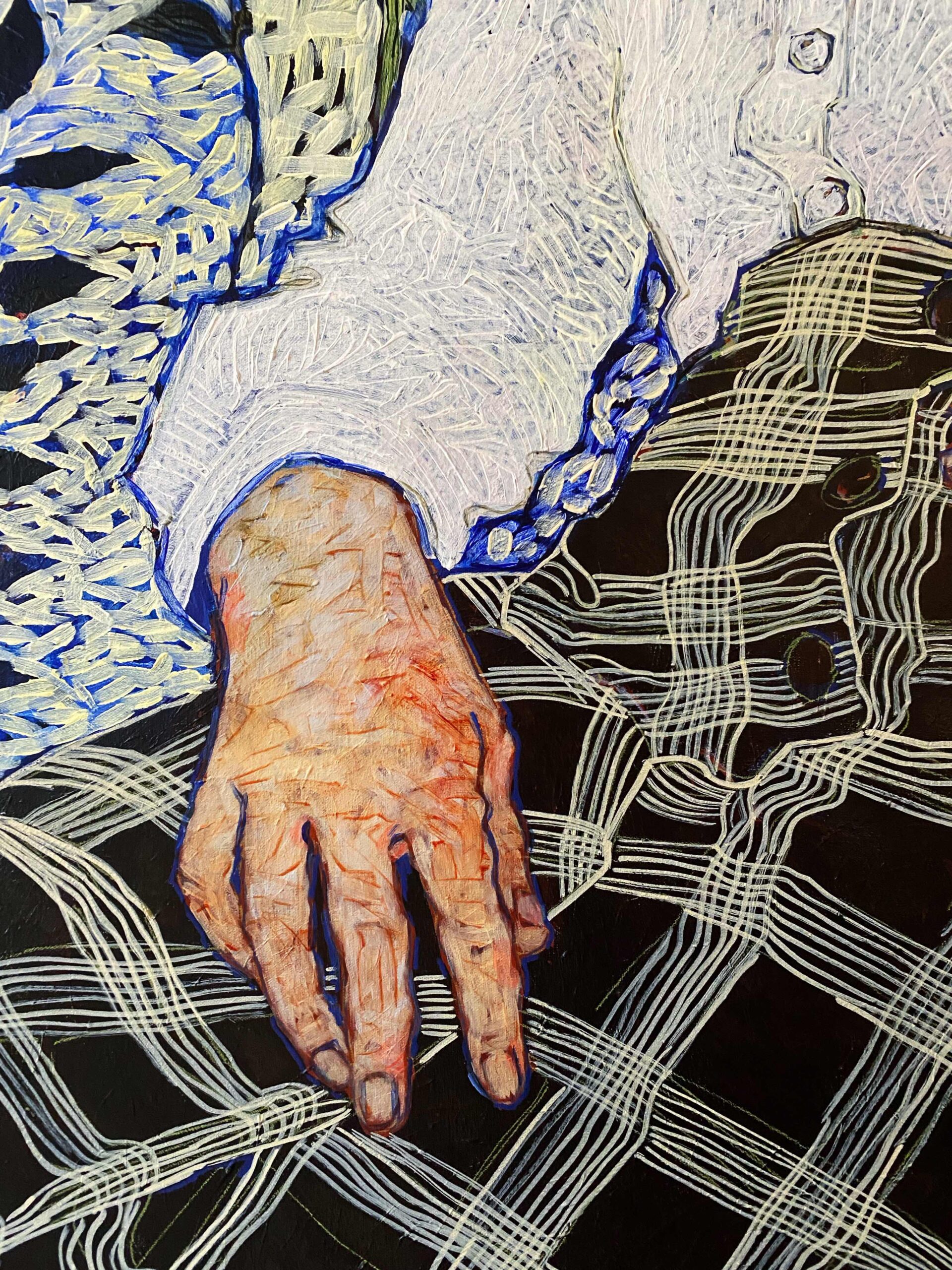
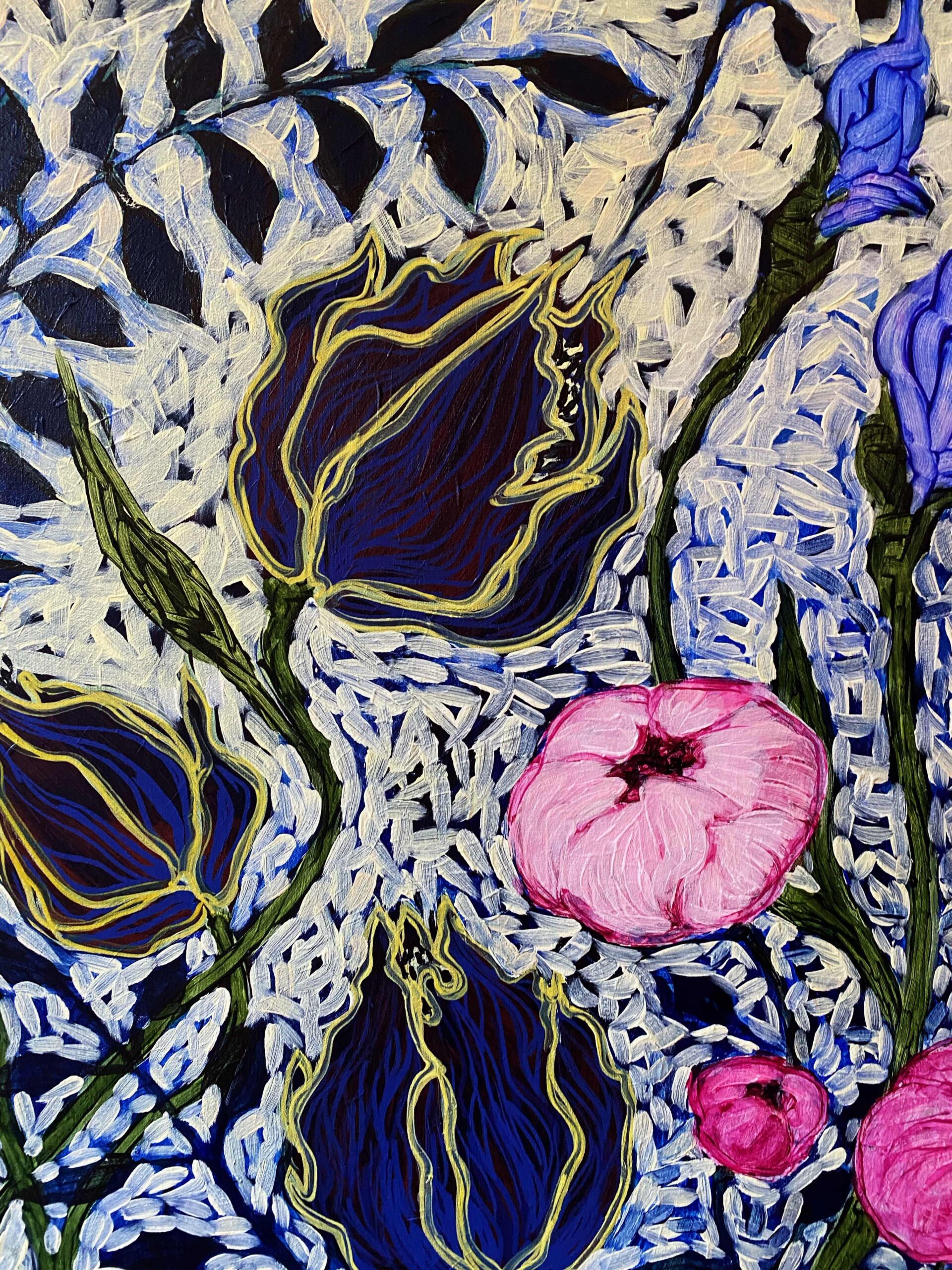
The Commission Process
Commissioning an artwork is a time honoured tradition that spans centuries. It is a great way to support artists and to purchase a work that is personal and specific to your requirements. Not every commission is straight forward and many artists refuse to work to commission for fear of disappointing the client or losing sight of their own vision. More »
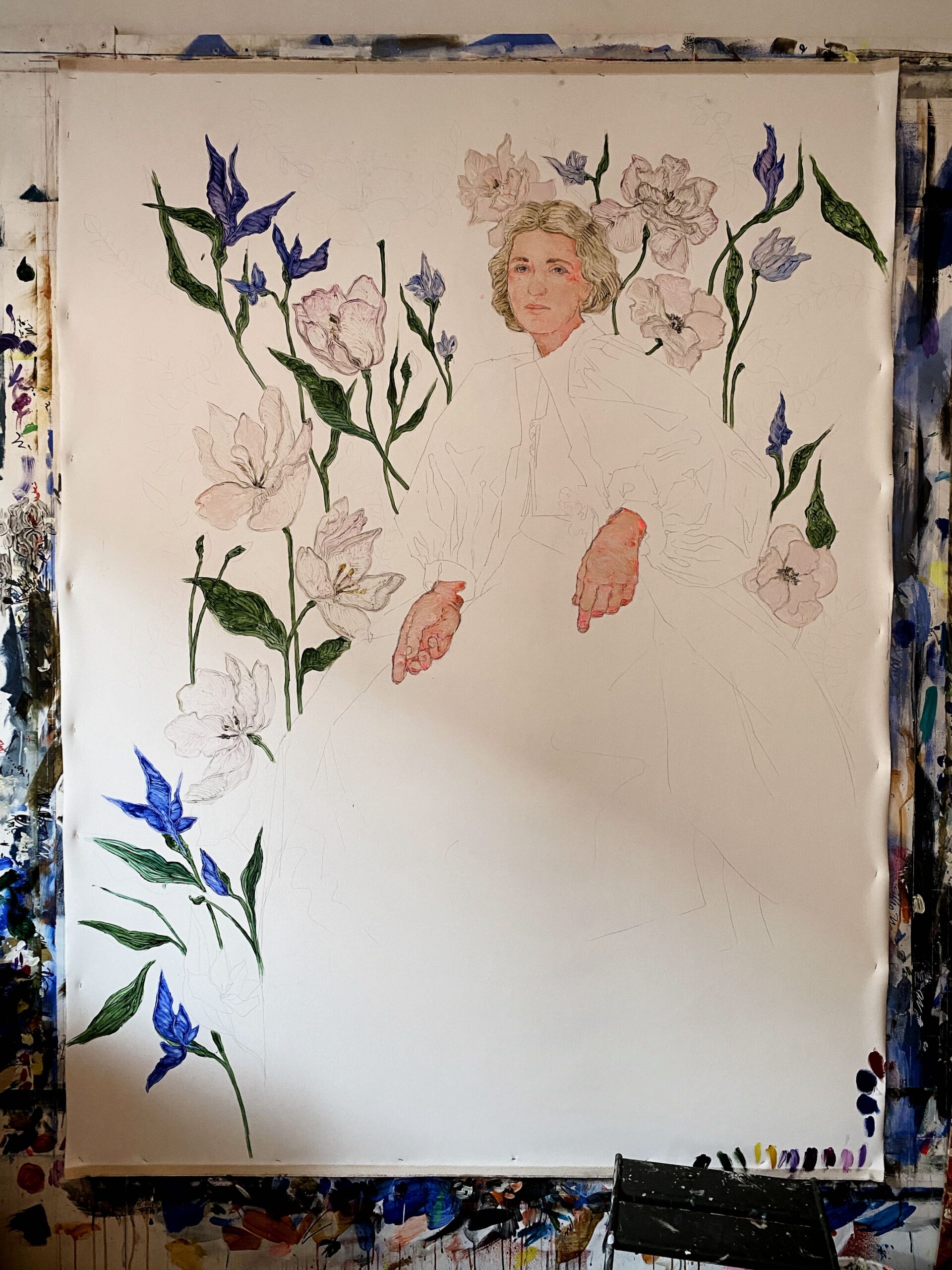

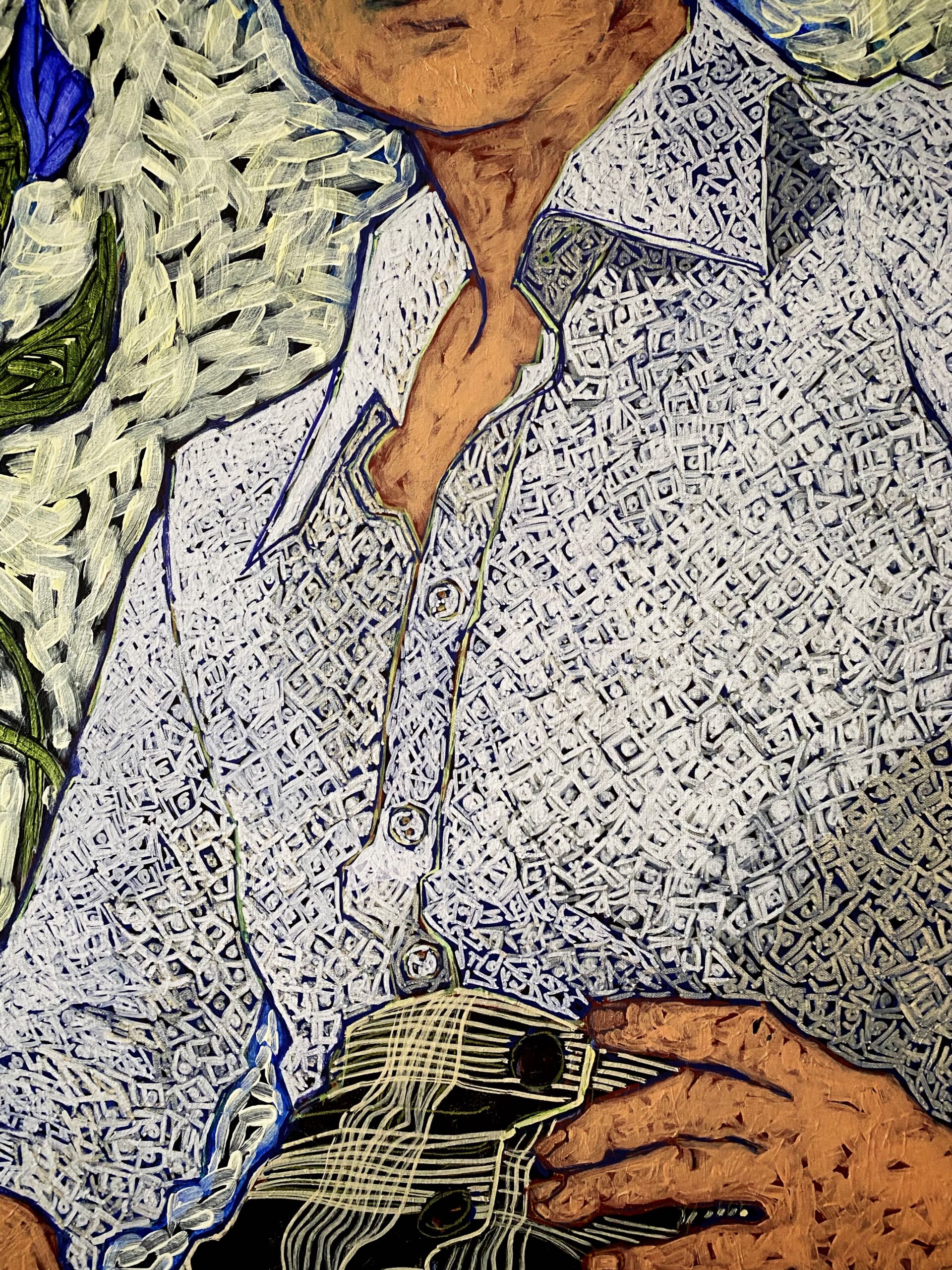
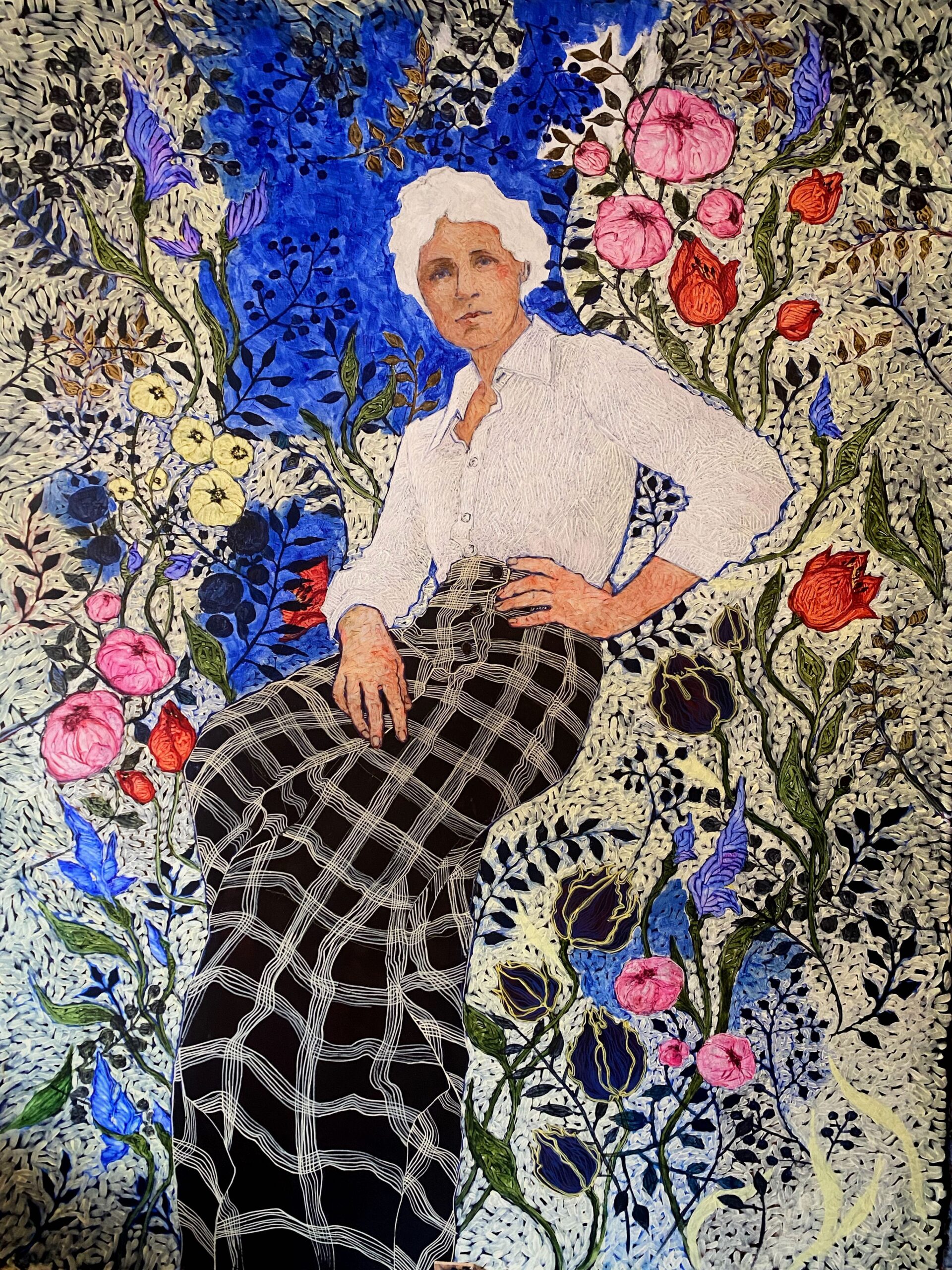
Inscription on verso
Take the Matter Up
Kate Sheppard
1889 — Woman’s Christian Temperance Union Annual Conference, New Zealand
When we were told that “the franchise would make woman unwomanly”, that “she would neglect her home duties on account of it”, that “it would cause dissension between husband and wife,” that “giving women the franchise, would only be giving dual votes to married men,” that “because she cannot fight she should not vote,” that “because of motherhood she has not time to vote,” that “it would demoralise women to associate with men at polling-booths,” that “women are already represented by their fathers, brothers or sons,” that “women do not want to vote” — when we hear of these objections — we feel somehow as if that way of thinking had gone out of date a long time ago. . . unfortunately however, there are still many who have thought very little on the subject at all, and it is for us, who have the earnest desire to take part in the social and political reforms that are so much needed, to influence those who are indifferent or antagonistic to the question, by pointing out the shallowness of the objections above quoted.More »
Women themselves must take the matter up, feel sure of their ground and then bring all their enthusiasm and personal influence to bear in breaking down the barriers that come between them and their rightful privileges. It is our earnest hope, that before the next general election, our wish in this matter may be accomplished.
The time is coming when women must become accomplished to the idea of taking part in the political world . . . .
Source: Sheppard, Kate. “Address on The Subject of Woman Suffrage” — Leaflet Following 1889 Woman’s Christian Temperance Union Convention, published in The Woman Question: Writings By Women Who Won The Vote, ed. Margaret Lovell-Smith. (Auckland, NZ: New Women’s Press), 1992.« Less
